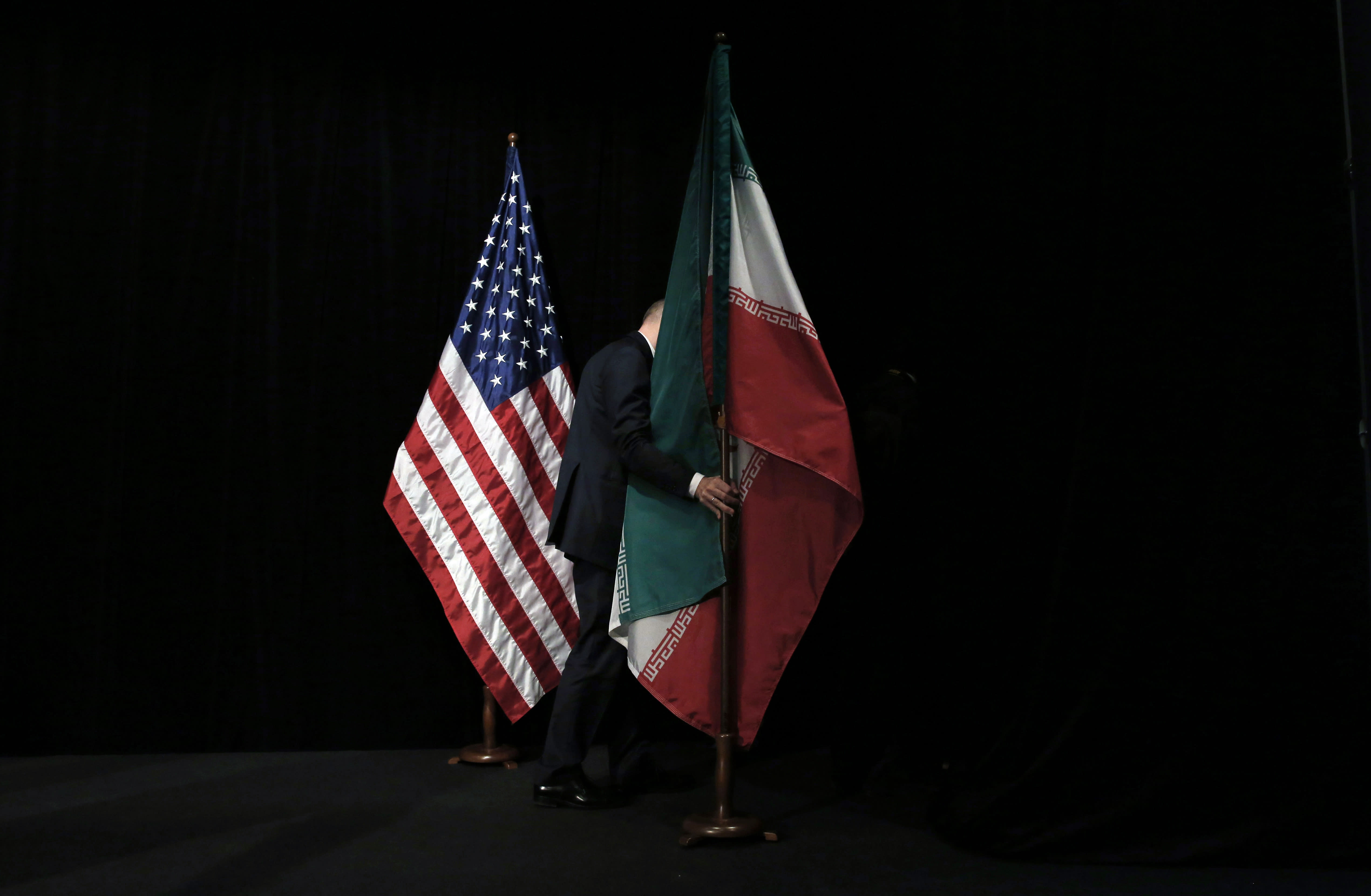
Washington and Tehran will ultimately be able to strike a nuclear agreement because Iran needs relief from economic sanctions, according to a senior advisor at a U.S. think tank.
"I think, ultimately, a deal is possible because the Iranians need money," said Richard Goldberg of the Foundation for Defense of Democracies.
The U.S. and Iran both appear interested to return to the negotiating table, but have not been able to agree on who should make the first move. The Biden administration last week offered to begin talks with Tehran, but Iran has repeatedly stressed that the U.S. must lift sanctions to kickstart the process. Washington has resisted those calls so far.
Additionally, Iran's new deal with the International Atomic Energy Agency (IAEA) is "certainly not helpful" and falls short of what was previously allowed, Goldberg said.
Iran's parliament passed a law that blocks IAEA inspections, but both sides on Sunday said "necessary verification and monitoring activities" will be able to continue for up to three months.
Tan Feng Qin of the National University of Singapore's Middle East Institute said Iran is aware that preventing inspections could have disadvantages.
The three-month reprieve "gives some space and some time for the U.S. and Iran to try to work out the solution to the sequencing problem," he told CNBC's "Capital Connection."
Goldberg also remains optimistic that a deal can be reached.
"All that you're seeing, all the threats, the terrorism, threats in the Gulf, the seizing of tankers, the nuclear program, taking hostages, these are all various extortion tactics to get money and get sanctions relief," he told CNBC's "Squawk Box Asia" on Monday. "That means that a deal is possible."
Iran's foreign ministry did not respond to CNBC's request for comment.
Sanctions hurting Iran's economy
Heavy sanctions on Iran — imposed by the Trump administration after it withdrew from the 2015 agreement — have been devastating for Tehran's economy.
According to the IMF, the last time Iran saw its GDP grow was in 2017, and the Islamic Republic only had access to $8.8 billion in foreign exchange reserves last year. That's down from $12.7 billion in 2019 and $121.6 billion in 2018.
"They are suffering under the sanctions that President Trump imposed, the so-called maximum pressure campaign," Goldberg said.
"Clearly, they need access to money, they need sanctions relief, and they want to drive a crisis to try to force Biden's hand to get into some sort of talks that includes sanctions relief," he added.
However, questions remain over what the deal will look like.
Iran has said that its violations of the Joint Comprehensive Plan of Action (JCPOA) are reversible and can be walked back. But Goldberg disagreed.
"There are a lot of steps that are not reversible," he said. "The technical know-how they have acquired testing advanced centrifuges, that is something that we can't put back into the bottle."
He also pointed out that the deal came with expiration dates for curbs on Iran's nuclear program.
"Since [the JCPOA is] already five years old, we're not into the period where the deal is to Iran's advantage anyway, and so that is a big question mark of whether the Biden administration and their European and Asian allies would want to go back to a deal or simply hold out and negotiate a new deal," he said.
World - Latest - Google News
February 22, 2021 at 05:31PM
https://ift.tt/3qI7Uzp
A U.S.-Iran deal is ultimately possible because Iran needs money, analyst says - CNBC
World - Latest - Google News
https://ift.tt/2SeTG7d
Bagikan Berita Ini














0 Response to "A U.S.-Iran deal is ultimately possible because Iran needs money, analyst says - CNBC"
Post a Comment